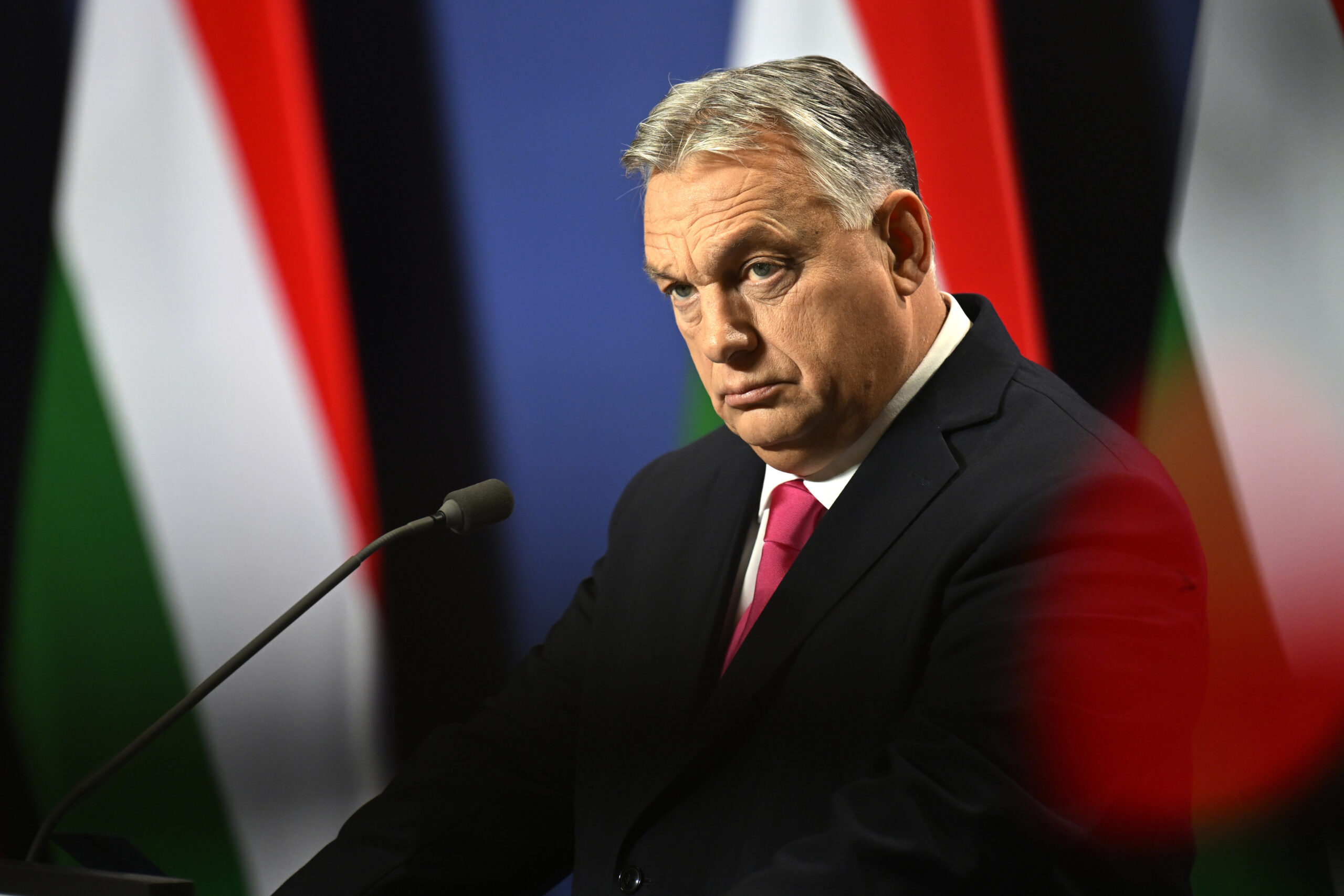(CN) — The Republic of Ireland has announced it will recognize a Palestinian state, in a choreographed move with the governments of Norway and Spain.
In a news conference on Wednesday morning, Irish Prime Minister Simon Harris told reporters that “just as Ireland’s recognition as a state eventually led to the establishment of our peaceful republic, we believe that Palestinian statehood will contribute to peace and to reconciliation in the Middle East."
“I am confident that further countries will join us in taking this important step in the coming weeks. This is an historic and an important day for Ireland and for Palestine,” Harris continued.
The sentiments were echoed by statements in both Norway and Spain, each of which agreed that the move was necessary to keep open the potential for a ‘two-state solution’ to the long-running conflict with Israel.
In a news release, the Norwegian government said that their “recognition of Palestine is a means of supporting the moderate forces which have been losing ground in this protracted and brutal conflict.”
Spanish Prime Minister Pedro Sanchez accused Netanyahu of “using hunger, cold and terror to punish more than a million innocent boys and girls.”
All three countries announced that formal recognition will take place on May 28, after which full diplomatic services will be established.
The decision has drawn an angry backlash from the Israeli government, coming just days after a prosecutor at the International Criminal Court called for an arrest warrant for Prime Minister Benjamin Netanyahu, along with other Israeli and Hamas leaders, citing accusations of war crimes and crimes against humanity. The court's decision whether to issue warrants could take several weeks.
Writing on X, Israeli Foreign Minister Israel Katz criticized the move.
“I’m sending a clear and unequivocal message to Ireland and Norway: Israel will not remain silent in the face of those undermining its sovereignty and endangering its security,” he wrote, adding that the decision shows that “terror pays.”
Israel has withdrawn their ambassadors to Ireland and Norway, and is expected to show Spain the same treatment.
Each nation has specific reasons for pushing ahead with the statehood effort. In Ireland, public sympathy to the Palestinian cause is, and has long been, widespread. In Irish civil society, Israeli occupation of Palestinian territories is evocative of the British occupation of Ireland. The Irish independence movement similarly relied on international recognition of statehood as it sought to break with British rule. As a result, Palestinian solidarity is largely a bipartisan position, with Irish politicians among the most critical in Europe of the ongoing Israeli assault on Gaza.
Norway, meanwhile, has played a pivotal role in the stalled peace process between Israel and Palestinians, with the Oslo Accords initially setting out a route to a “two-state solution” on the issue. The collapse of the peace process amid the construction of Israeli settlements that have blurred the international boundaries of Palestinian territories, is a source of frustration for the Norwegian government.
In Spain, Prime Minister Sanchez is a long-time supporter of Palestinian rights, and he has been the European leader most vociferously opposed to what he has described as the Israeli “massacre” in Gaza. His strong position on the war has also helped to solidify support within his left-wing coalition government.
Other European nations known to be in favor of recognizing a Palestinian state imminently include Belgium, Malta and Slovenia, while the French and Portuguese governments have suggested they could be open to the move. However, a unified EU-wide approach is unlikely, given the staunch support for Israel offered by countries such as Germany, Austria and the Netherlands.
The only other nation in western Europe to officially recognize the state is Sweden, which made the move unilaterally in 2014. Other EU nations that had already acknowledged statehood prior to joining the organization include Poland, Romania and Bulgaria.
The United States is opposed to unilateral recognition, arguing that statehood should only be given to Palestinians as a result of direct negotiations with Israel. Netanyahu, however, has long been opposed to Palestinian statehood, and talks have long been stalled for most of his 16-year tenure.
Wednesday’s joint decision by the three U.S. allies represents a clear break with this consensus, with the countries advocating self-determination for the Palestinian people regardless of Israel's stance.
Outside of Europe and North America, Palestinian statehood is widely accepted, with 143 nations worldwide regarding Palestine as an independent state. The most recent Palestinian attempt at gaining full U.N. membership succeeded in the General Assembly, by 143 votes to 9. However, the attempt once again fell at the Security Council, due to a U.S. veto. As a result, Palestine remains an observer state of the U.N., without voting rights.
Subscribe to Closing Arguments
Sign up for new weekly newsletter Closing Arguments to get the latest about ongoing trials, major litigation and hot cases and rulings in courthouses around the U.S. and the world.









